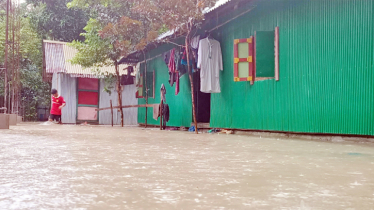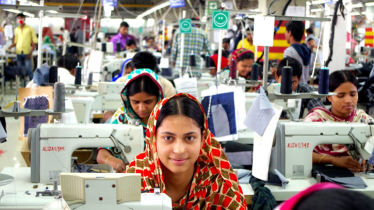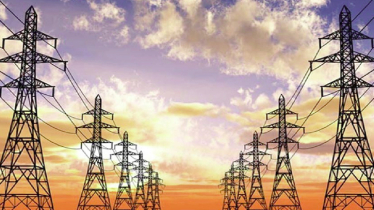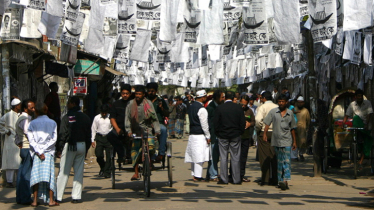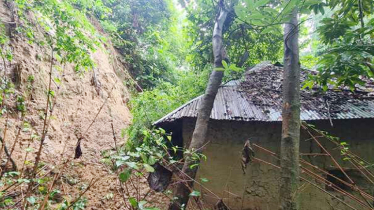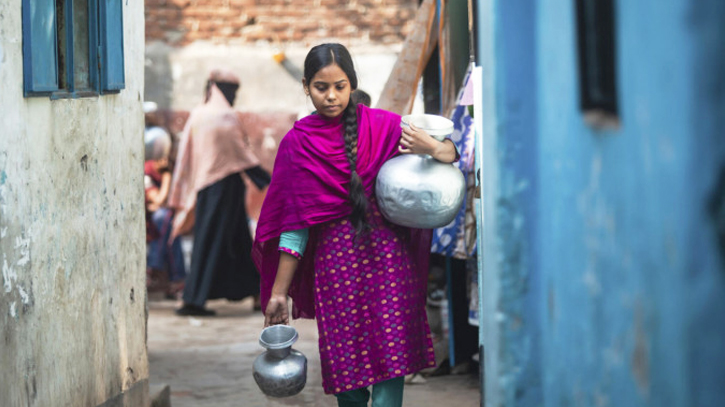
Photo : Collected
Bangladesh faces significant threats due to the impacts of climate change. The elevated salinity in these regions exacerbates the challenges, especially for girls residing in coastal, hilly, and remote areas.
The repercussions of climate change have disproportionately affected the lives of girls in these regions, forcing them to undertake arduous tasks like fetching water from distant sources and engaging in various forms of labor. These girls lag behind in education, experiencing both physical and mental hardships.
Girls in these climate-affected regions shoulder the majority of household responsibilities, diminishing their educational opportunities. The need for comprehensive initiatives to prevent girls from dropping out of education becomes imperative. Government data shows that, at the primary level, 49 percent of students are boys and 51 percent are girls.
In secondary school, the ratio is 46 percent boys to 54 percent girls. However, the average dropout rate for both boys and girls in secondary school is 36 percent, with 40 percent of girls enrolled in secondary level discontinuing their education before completing Class 10 or SSC, lacking essential employable skills.
Research reveals that the dropout rates for girls are higher in geographical areas most susceptible to climate change, underscoring the alarming impact on girls’ education in Bangladesh. The escalating frequency of natural disasters, a sevenfold increase over the past 40 years due to climate change, poses a substantial threat to education. UNICEF estimates that 1.6 million children are adversely affected, and between 2010 and 2017, around 4,636 educational institutions have suffered damage from natural disasters.
Climate change not only directly damages educational infrastructure but also indirectly affects students’ physical and mental health, increasing the risk of displacement and challenges in adapting to changed circumstances. Female students, in particular, face the additional threat of malnutrition, engagement in household chores, exposure to domestic violence, and the vulnerability to child marriages. The benefits of educating girls extend across generations, emphasizing the pivotal role of secondary education in shaping the country’s future.
Recognising the profound impact of climate change on education, it is important to prioritise women’s development, education, and climate change mitigation. The full recognition of women’s rights is paramount, as a country’s progress is intricately tied to the advancement of women in education, health, and social status.
Focusing on the intersectionality of women’s development, and education, climate change is essential – especially considering the heightened vulnerability of poor girls, who often drop out of education due to the adverse effects of climate change.
Messenger/Fameema


